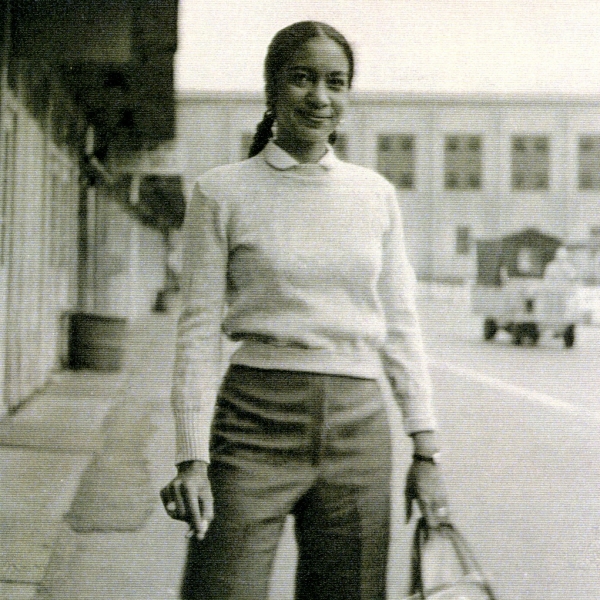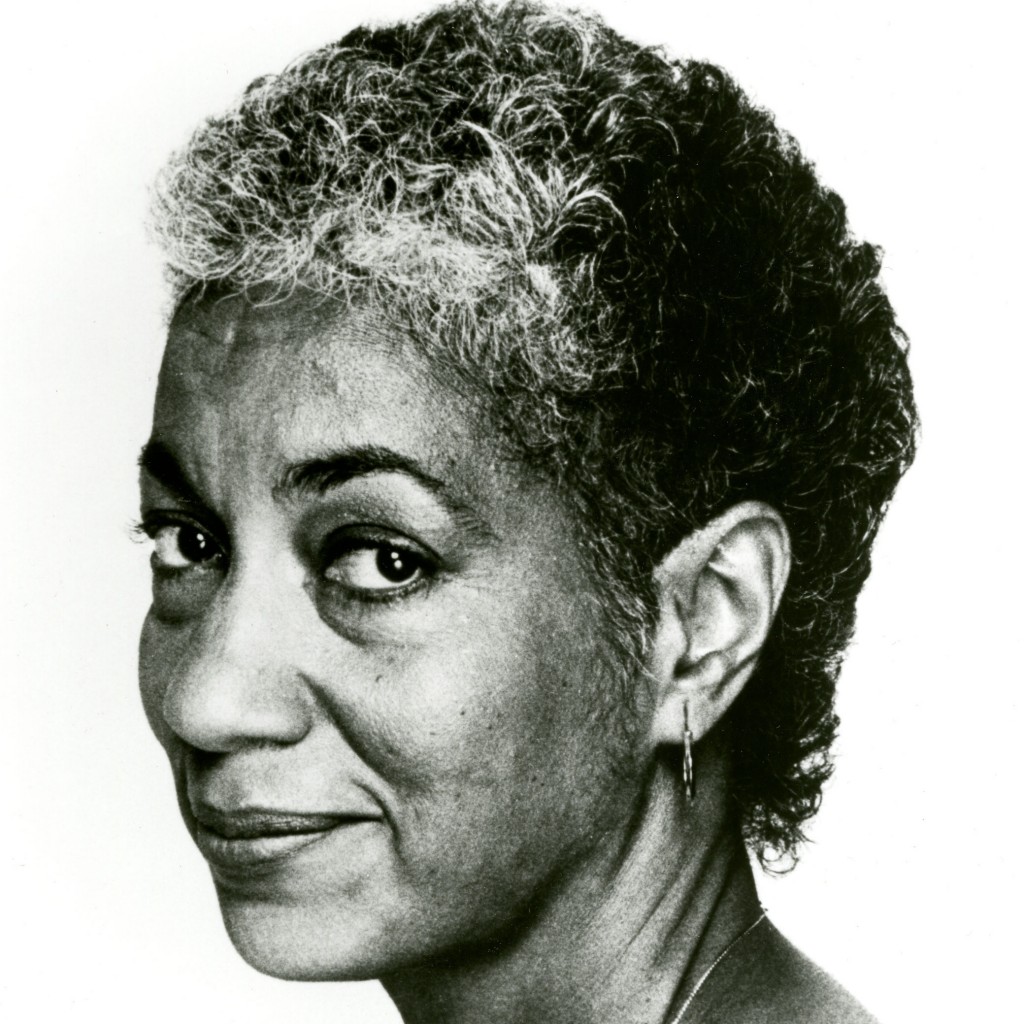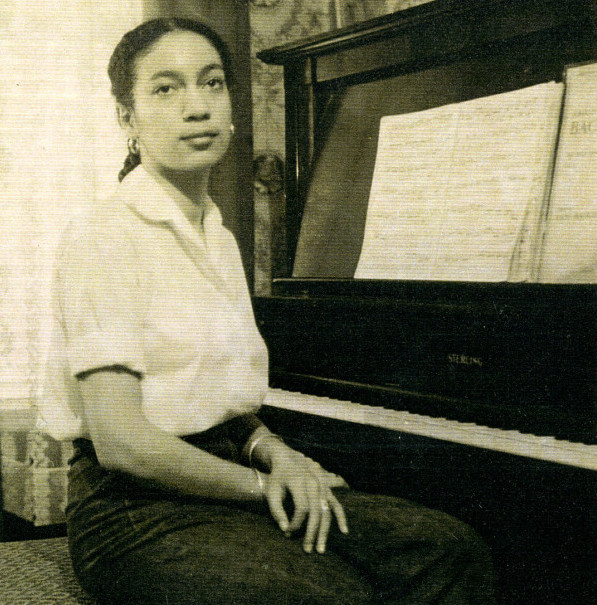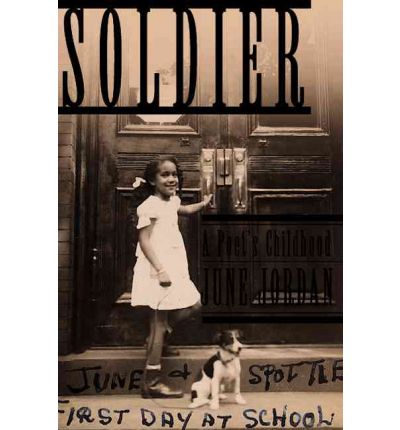‘Crowd nose. Little Bear. Slim Girl. Black Elk, Fox Belly. How do we follow after you?’ June Jordan asks, lamenting the loss of Native Americans in Poem for Nana. Shifting guises in I Must Become a Menace to My Enemies, she rattles off some of my favourite lines of poetry. ‘I plan to blossom bloody on an afternoon surrounded by my comrades singing terrible revenge in merciless accelerating rhythms. But I have watched a blind man studying his face. I have set the table in the evening and sat down to eat the news. Regularly I have gone to sleep. There is no one to forgive me.’ My love affair with June began some years back. While researching Rita Dove, June’s name cropped up. There was something special about this connection, with Rita, one of the most prolific poets in American history acting as a router to June, lesser known but equally important.
I had picked up a Rita Dove collection from my local library. At the time, I was negotiating a feeling of displacement and frustration about how difficult it was being a young woman of colour in the west and how the marginalization of black women had a strange psychological effect, creating a fury that would manifest in surprising ways. I wanted to know about other women who had occupied that same space. I was curious to understand how they’d handled it, what they did to equip themselves against the subtle and overt injustices they encountered. I was immediately struck the first time I picked up June’s work. The way you are by a slight of hand whose mechanics you want to understand or a compact mirror allowing you to see the sly angles it hides. Discovering June was like finding a pair of pliers in the cutlery drawer. Her ability to exploit the gravitas she had as an artist to champion urgent causes was formidable. I felt a solidarity with her, forming a link between her rousing essays and my desire to use my journalistic writing to discuss issues I was passionate about. Through June’s work, I realised I could harness my power as a woman on the page, as a person of colour with unusual experiences. I could write about anything. That was incredibly liberating.
June’s story is intriguing. The only daughter of Jamaican immigrants, she grew up in a turbulent household in Harlem, New York, moulded by a complicated relationship with a father whose ambitions far exceeded the societal possibilities for a young black girl of the times. He gave her a love of literature. He beat her regularly. Before the age of five, she was reciting from Shakespeare’s plays, the poetry of Edgar Allan Poe and Paul Lawrence Dunbar. In her memoir Soldier, June describes her parents vividly. Her father calling himself Little Bull was well versed in black poetry, political writings and theories on African origins of the human species. An argumentative, visionary man, he often spent time refining a schedule of forced enlightenment for his only child. Her mother, a great beauty projected a sadness people mistook for dignity. In this curious household, June faced the many conflicts of being raised by immigrant parents. This hotbed of love and pain was an incubator for her creativity. Her father encouraged her to fight the boundaries society would attempt to impose on her through education, using her pen.
It is clear to me that for June, writing was a political act. She was fearless as a writer. She knew and often wrote about the power of violence against black bodies. How many of my brothers and sisters will they kill before I teach myself retaliation? Some of her work feels just as pertinent now, given the ongoing war America has with itself and its dark history. The world was her passion; she ran towards it, questioned it. She tested her role within it and often challenged her readers to do the same. It is this boldness to define her place I admire. June’s radical essays highlight an endless road of activism and a need to address the plights of oppressed people. Her poems are so loaded, artfully and cleverly constructed. Her collections show a broad stylistic range. In the spaces between these poems I see someone changing their breathing patterns, adjusting it to the stances their body takes in the vastness of the world they exist in, in the stealthy passages of time. I cannot say that we are writing from a similar place of intent. Essentially, June was a poet, novelist, essayist, and political activist. These elements of her loomed large and vibrantly individually but also intersected in interesting ways.
“We are the ones we have been waiting for.”
– June Jordan
June feels like kin, part of a generation of writers who forged a path I can look to, who understood what it’s like to inhabit this skin and sometimes feel at odds with your surroundings. I return to her again and again. I am fascinated by how her influence manifests in my work. In her writings, I recognise that desire to show tenderness through your anger, to explore contradictions that wrestle for room but don’t necessarily need to be changed or softened. While writing my debut novel, I found myself propelled by a latent anger but the rendering of my main character was a sensitive portrayal because I wanted to show her vulnerability. I wanted people to recognise the humanness in her. June’s ability to straddle various strands of otherness gave her a unique eye. As a black, bisexual writer she knew what it was to be crippled by obvious frames and caught outside of them. She had an affinity with the disenfranchised other in any part of the world. She continued her pursuit of political change fuelled by this global conscience.
June died in 2002. I am heartened by the amazing body of work she left behind. What can we learn from the writers and artists we look up to about form, intention and voice? Perhaps it is to pursue our art fearlessly the way June did, to know that we may end up naked on the page but that in that noiseless disrobing things fall apart and reassemble again. The last time I picked up a June Jordan collection, I sat on a park bench writing about a woman wrapped in cling film catching items with her mouth. I don’t know what this means, except to say she makes me want to possess the things in my imagination, the world around me, the players that walk in through my side entrance. I know that I will bend them, that the light of my gaze may challenge the brightness of five artificial bulbs. And when that slow waning occurs, that depletion of energy, I will reach for a thread I left fraying in the air. I still find June’s words and advice tunnelling their way through my system unexpectedly sometimes. That is to live yellow, blossom bloody, to bolt and break impressively, like mid air somersaults.
++++++++++++
Irenosen Okojie is a writer and Arts Project Manager. Her debut novel ‘Butterfly Fish’ was published by Jacaranda Books. Her short story collection ‘Speak Gigantular’ will be published in 2016.
Twitter: @IrenosenOkojie




